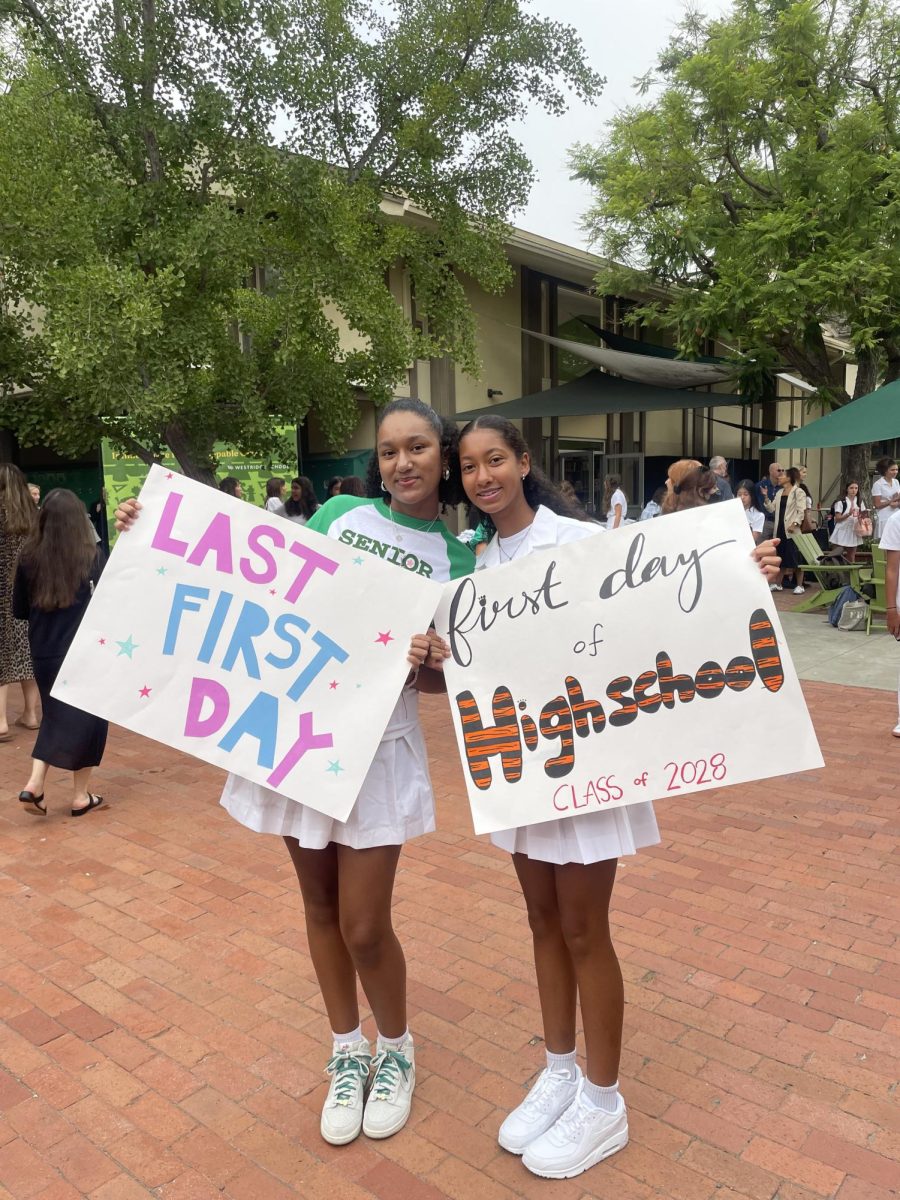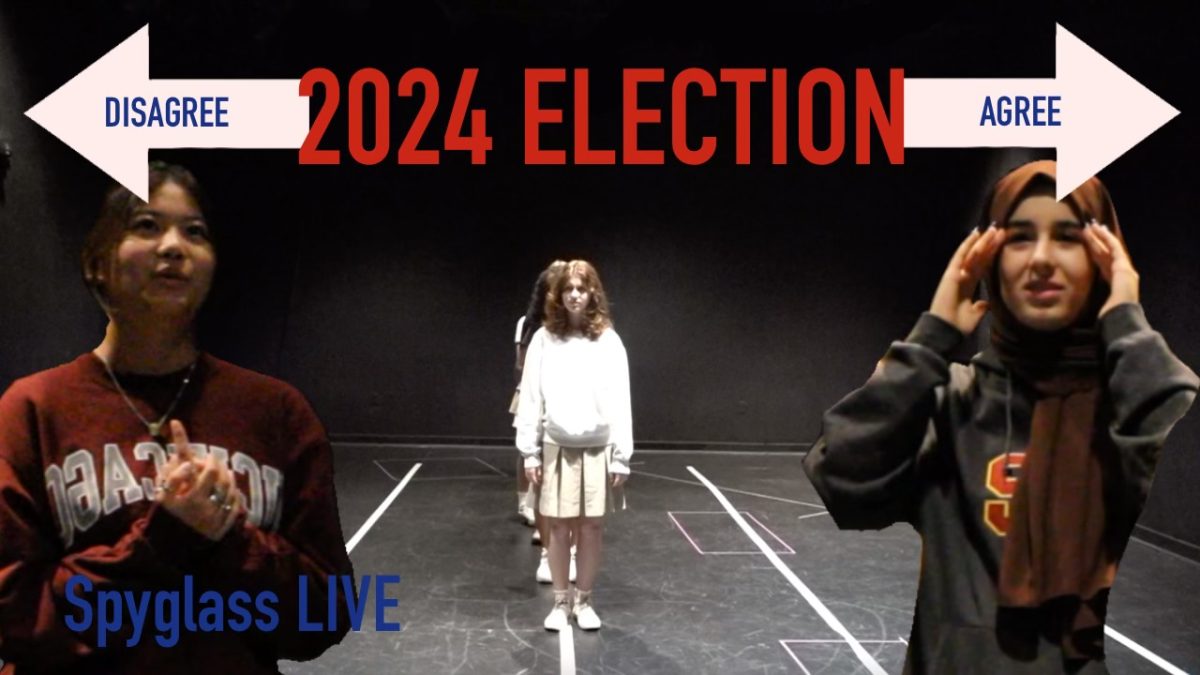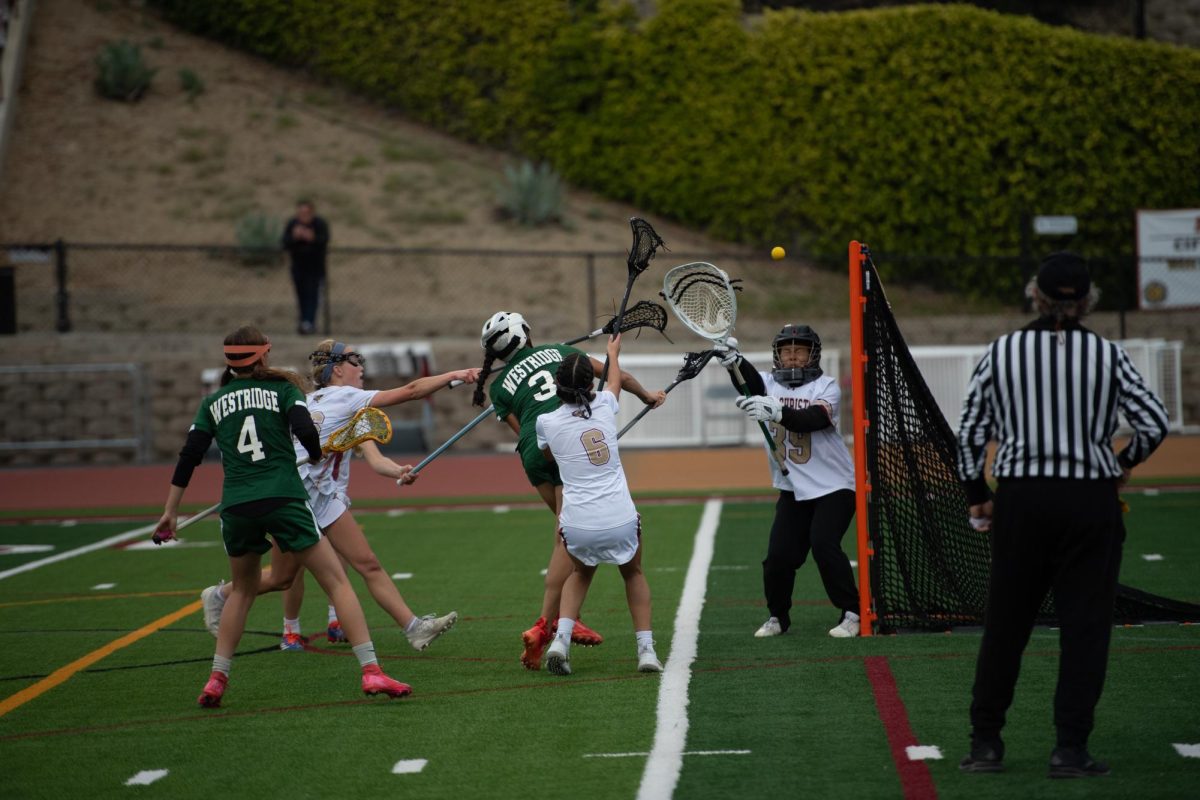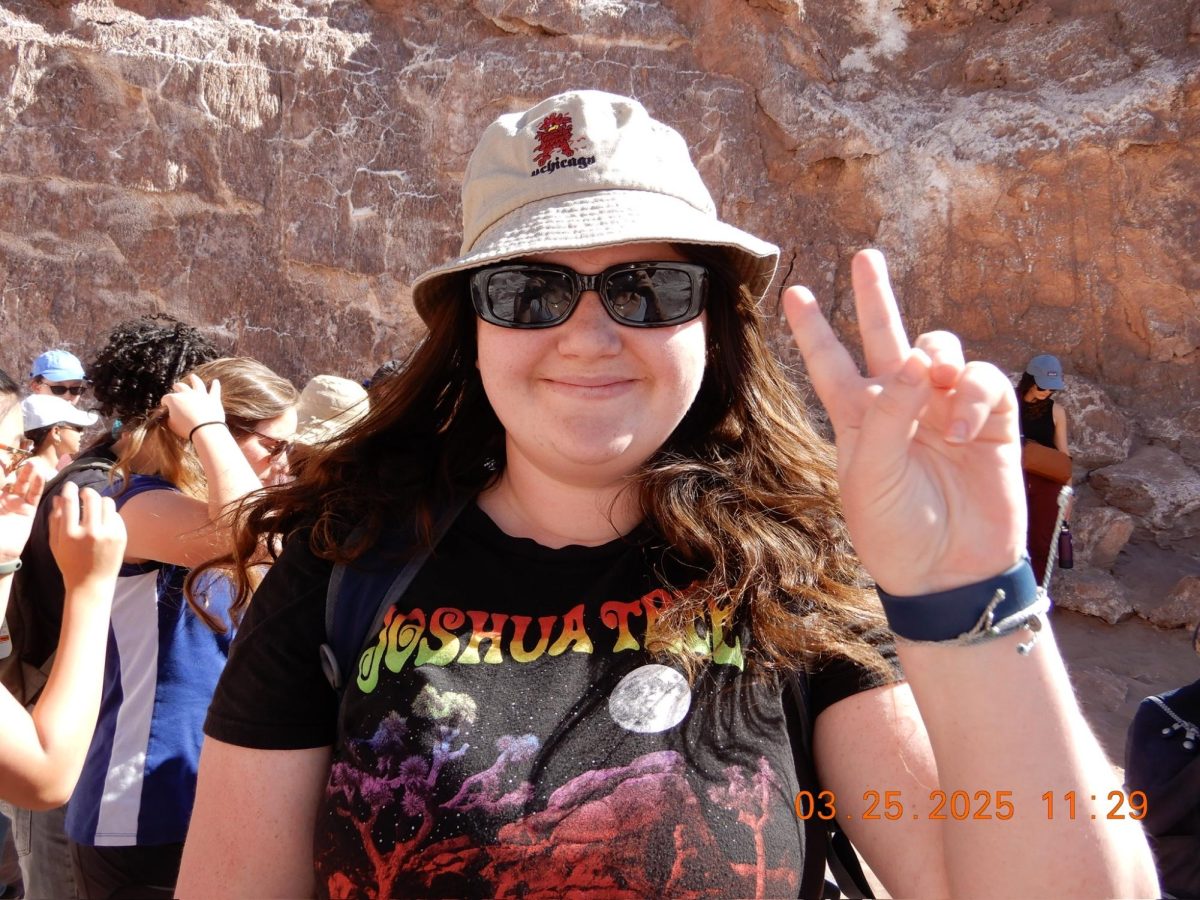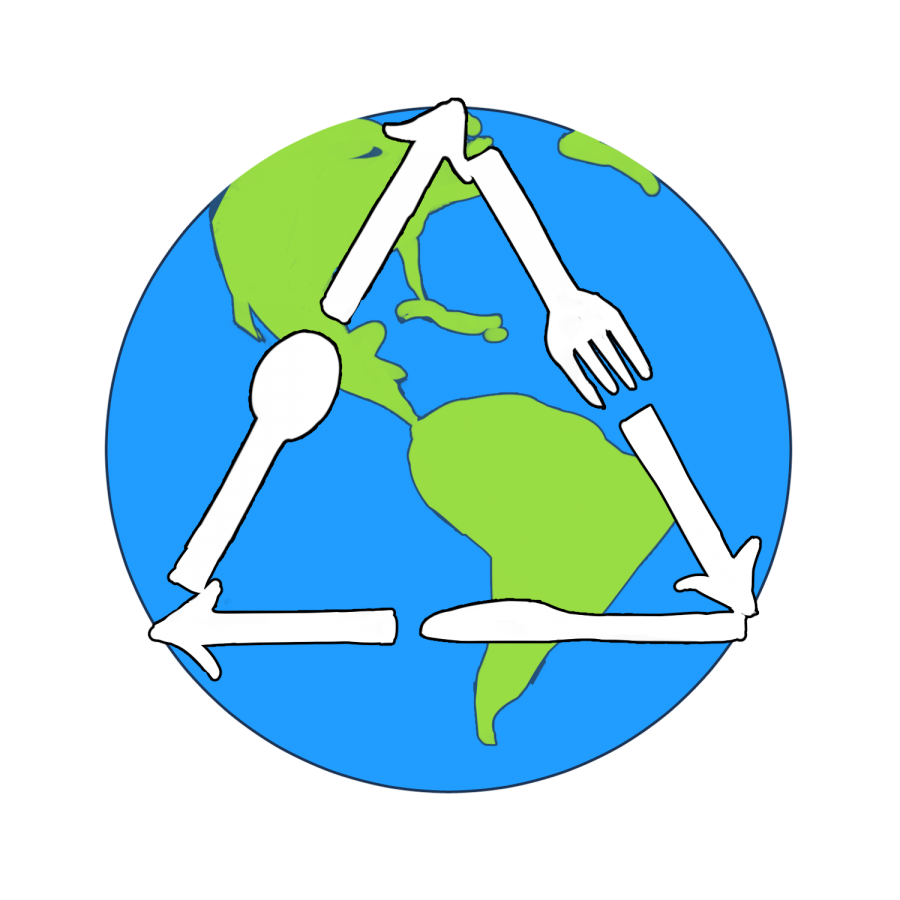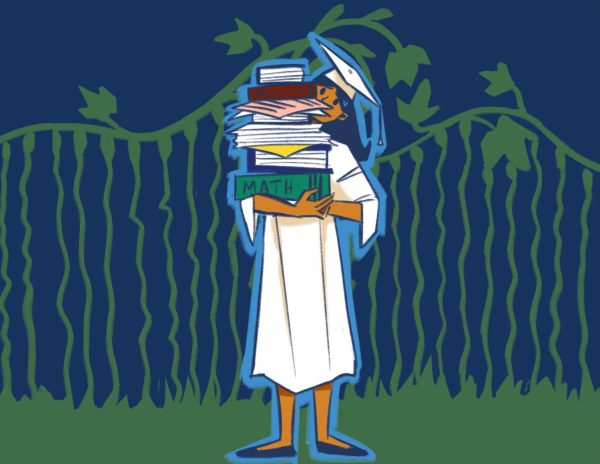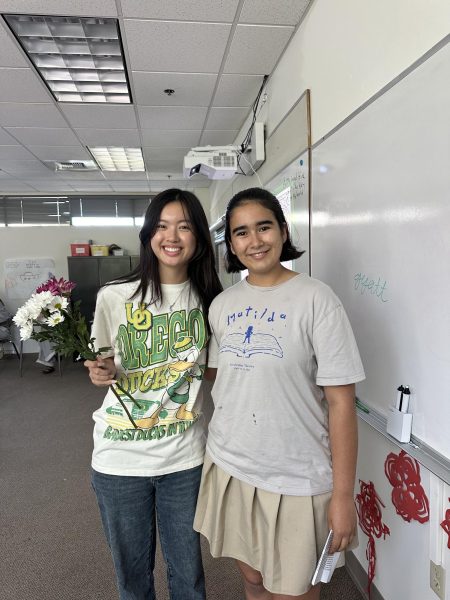Column: Green Gastronomy: Muddy Paw Coffee
Muddy Paw Coffee
3320 Sunset Blvd., Los Angeles, CA 90026
4610 Eagle Rock Blvd., Los Angeles, CA 90041
Rating:
Waste – 5/5
Disposables – 3.5/5
Compliance – 5/5
Food Sourcing – 4/5
Food – 4/5
Overall – 4.5/5
“Have a cup, save a pup!” This cheerful slogan sums up Muddy Paw in a nutshell. Besides serving numerous specialty teas and coffees — as well as pastries, sandwiches, and even vegan empanadas — the café, which is run by husband-and-wife team Darren LaBorie and Natalia Aldacour, has two locations in the Los Angeles area. Its business model is centered around a commitment to helping animals, with 10% of every purchased drink going toward an animal rescue organization of the month. Both locations allow customers to bring their dogs for outdoor seating, and the Eagle Rock café even houses a small dog park.
The idea behind Muddy Paw was born during the aftermath of Hurricane Katrina. At the time, Darren and his brother were running a coffee roasting company on the east coast. After the hurricane left many animals without homes, the roasting company began donating a portion of their proceeds to animal rescue organizations. They raised so much money that they decided to create a permanent coffee shop focused on helping animals. However, Natalia, who joined the business at a later time, explains that they wanted the café’s focus to remain on dining; “We never wanted the coffee to feel like an afterthought.” In fact, people who might not normally go out of their way to help animals still come to Muddy Paw for the coffee and food and end up helping animals along the way. Whether you are a coffee lover, an animal lover, or both, every customer leaves their footprint — or, “muddy paw.”
In addition to their dedication to animal welfare, the business is committed to sustainability. In an effort to minimize their carbon footprint, Muddy Paw sources all of its food from vendors within a 10-mile radius. “One of our bakers lives literally around the corner from our shop, and the other lives four blocks away,” said Aldacour. Aldacour sees minimizing one’s carbon footprint as a crucial part of sustainability. “People think ‘it’s organic so it’s great,’ and it is great, but when it’s organic and it comes from two planes and four trains, it kind of defeats the purpose.”
Local coffee and tea are much harder to come by, but Muddy Paw makes sure that their products are fair trade and that all their tea is certified organic. Due to the incredibly high prices of organic certifications, that label is often not attainable for the smaller coffee farms from which Muddy Paw sources its beans, but that does not mean the beans are not grown organically.
When purchasing food to sell at their cafés, Muddy Paw’s owners are careful not to buy more than they can sell. As Aldacour explains, this tactic not only reduces food waste but serves as a useful business tactic. “From a marketing perspective, it actually works out well. Because if I say to you that the cookie that you like is always sold out, all of a sudden, you either are going to try something else, because now you want to know what else is fantastic, or, next time you come you’re not going to get one, you’re going to get two, because you know that maybe tomorrow there won’t be any. You take care of the food waste and the sales at the same time.” The delicious vegan empanadas Muddy Paw sells are kept frozen until they are ready to be sold, further reducing the business’s food waste. On the rare day when the cafés do have food left over, Muddy Paw donates it to a homeless shelter.
Despite the limitations presented by COVID-19, Muddy Paw remains committed to their environmental efforts. Unlike many other cafés, Muddy Paw still allows customers to bring their own cups when getting drinks to go, and even gives them discounts for doing so. At the beginning of the pandemic, the health department would not allow this practice. However, they made an announcement in July stating that it was perfectly sanitary as long as the cups were washed by the baristas before serving.
Unfortunately, the effects of COVID reach well beyond sustainability practices, impacting the business from an economic standpoint as well. In pre-pandemic times, Muddy Paw’s relaxed, communal atmosphere and outdoor seating made it a great place to meet friends and hang out for longer periods of time. “If you come with your friends and you have a hot chocolate, then 40 minutes later, you’re still there, so you decide that now you want something to eat,” said Aldacour. Under the current circumstances, however, most people just grab their drink and leave, meaning that sales have gone down dramatically. When sales drop, it does not only affect Muddy Paw, but also hurts the small vendors from whom they source their goods.
When asked what changes she hopes to make to improve the sustainability of her business, Aldacour replied, “If it were up to me, I would rather not use any plastic, recyclable or not.” Nevertheless, certain plastics, like lids, seem unavoidable.
However, Aldacour explains that the value of sustainability is deeply ingrained in Muddy Paw’s philosophy, and that everyone working there, from the owners to the baristas, is always looking for solutions. For example, some of the baristas have begun asking customers if they want a lid. “You’ll have the person that rolls their eyes, and then you’ll have the person that didn’t think about it until you said it out loud,” says Aldacour. “It starts with one person; if one person does it, maybe two will follow. It’s all about baby steps.” By allowing customers to bring their own cups, asking them if they want lids, and automatically donating a portion of their profits, Muddy Paw seems to be dedicated to making it easy for others to do the right thing.




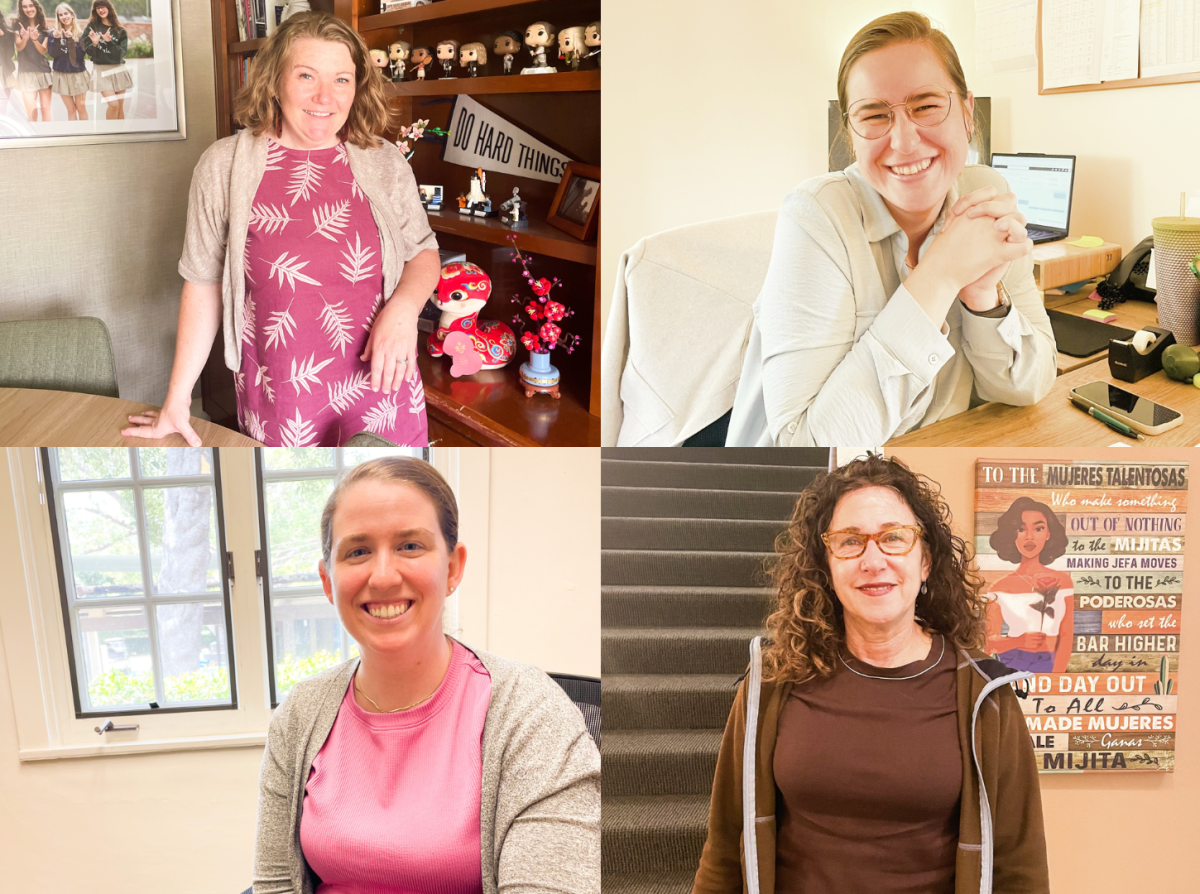
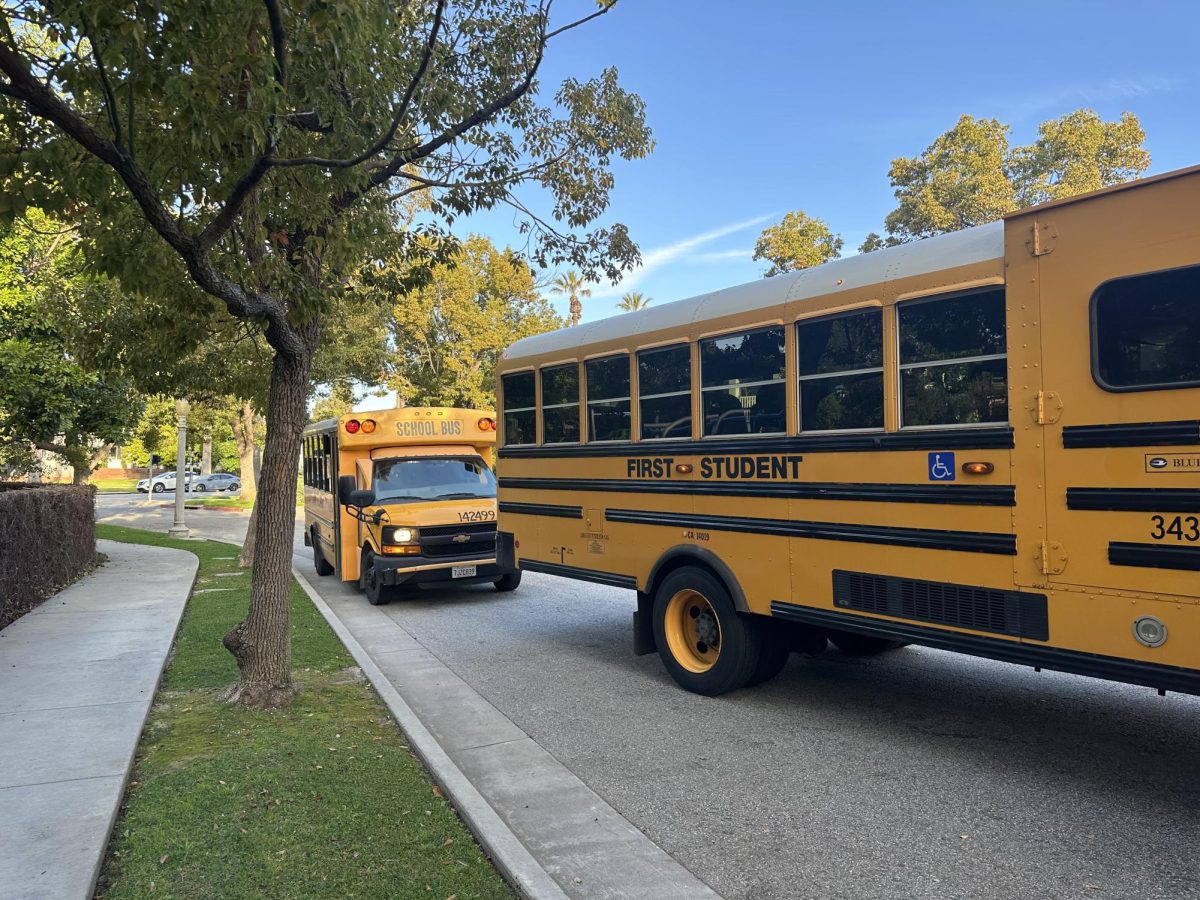


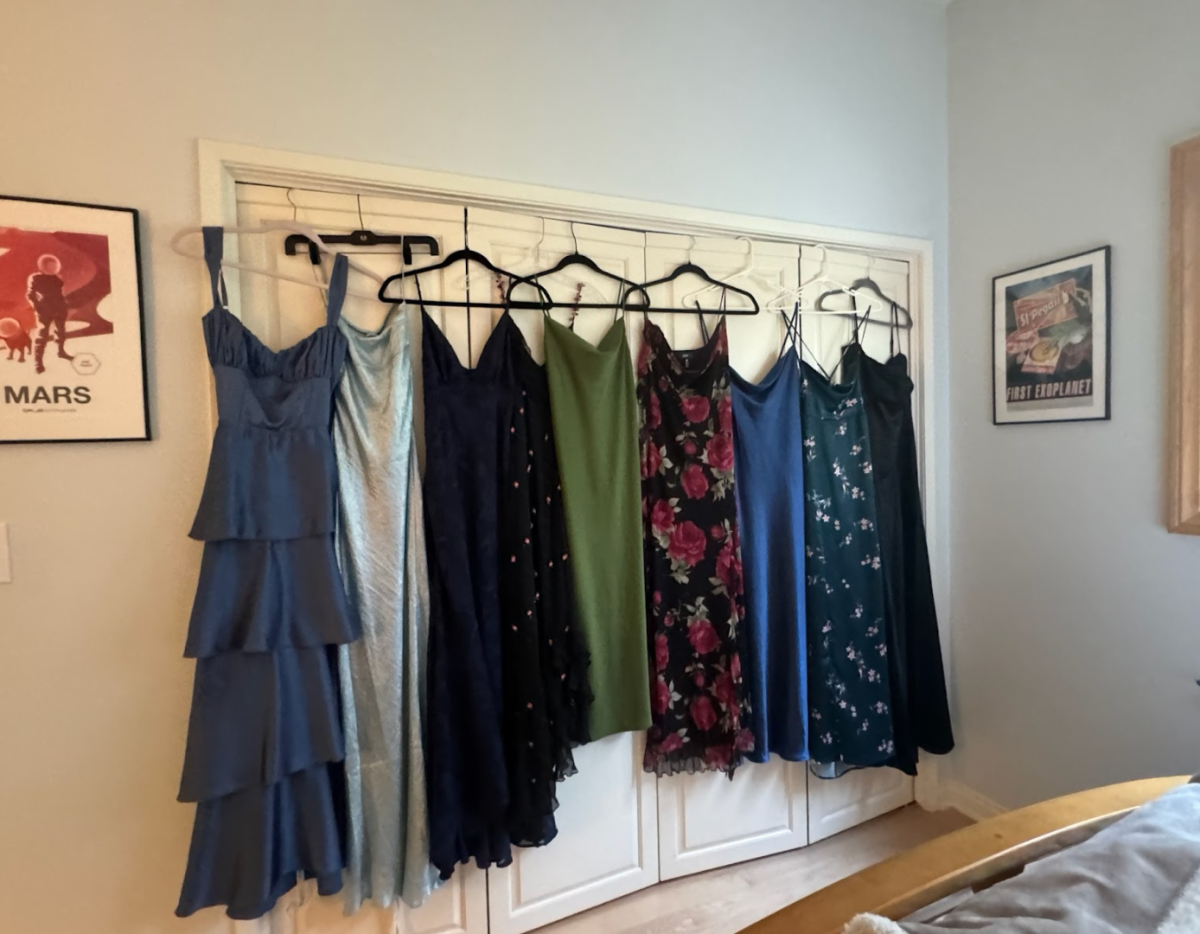








![Dr. Zanita Kelly, Director of Lower and Middle School, pictured above, and the rest of Westridge Administration were instrumental to providing Westridge faculty and staff the support they needed after the Eaton fire. "[Teachers] are part of the community," said Dr. Kelly. "Just like our families and students."](https://westridgespyglass.org/wp-content/uploads/2025/03/dr.-kellyyy-1-e1748143600809.png)








